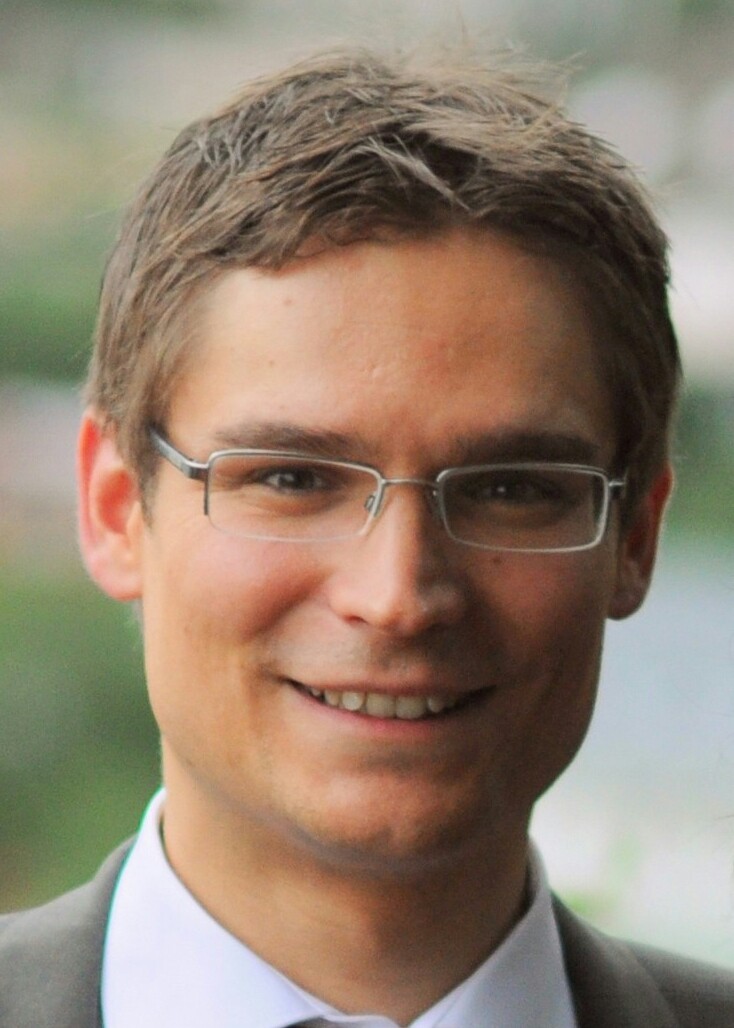Division of Radiopharmaceutical Development (Prof. Dr. Matthias Eder)
DKTK Freiburg
The Division of Radiopharmaceutical Development focusses on the identification of novel radiopharmaceuticals in the field of diagnostic and therapeutic medicine. The overall aim is to design and develop novel imaging techniques to study human diseases. The clinically oriented projects include the evaluation of theranostic radiopharmaceuticals for positron emission tomography (PET) and radionuclide therapy as well as optical imaging agents to be used for image-guided surgery. The translational research is supported by the direct association with the Department of Nuclear Medicine (University Medical Center Freiburg), the Comprehensive Cancer Center Freiburg and the German Cancer Consortium (DKTK).
Radiopharmaceutical science is a highly interdisciplinary field encompassing pharmaceutical sciences, chemistry, biotechnology, medical physics, biology and medicine. Using innovative biotechnological and chemical methods, biologically active molecules are identified and labelled with radionuclides or fluorescent dyes in order to visualize in vivo biochemical processes. The resulting radiopharmaceuticals are used for diagnostic imaging or therapy of patients and might help to establish novel treatment regimen for a more precise and sensitive detection of tumors.
The division offers a highly flexible non-invasive imaging platform for the specific visualization of processes beyond conventional PET tracers. The identification of novel ligands will be carried out using innovative biological and biotechnological screening systems combined with chemical approaches. These organochemical modifications are done in order to expose stable and organized scaffolds to identify high affinity binding molecules to a wide array of potential targets. Following the potential clinical translation of promising candidates novel radiopharmaceuticals become available for PET/CT imaging or optical imaging of various tumors and processes. Preclinically, these molecules are useful tools to visualize biochemical processes in many medical research fields such as oncology, cardiology or neurology.
Current and Future Projects:
·Novel compounds aiming at different tumor entities will be identified and optimized in respect to their tumor targeting and pharmacokinetic properties. A special interest will be in tumor heterogeneity and the targeting of molecular mechanisms underlying tumor cell invasion and metastasis.
·The resection of lymph node metastases using image-guided surgery is of high clinical relevance and might have considerable impact on the outcome of cancer patients. Bimodal radiopharmaceuticals allow the combination of preoperative staging and fluorescence-guided surgery for a more precise detection of metastasis or neoplastic lymph nodes (BMBF/VIP+ funding)
Contact

Prof. Dr. Matthias Eder
Department of Nuclear Medicine
German Cancer Consortium (DKTK) Partner site Freiburg University Medical Center
79106 Freiburg